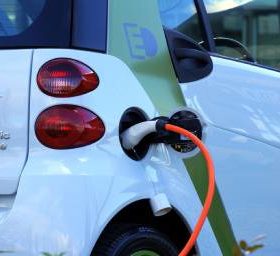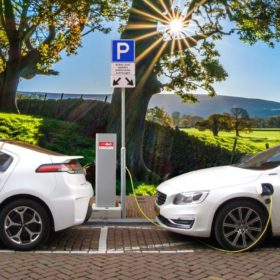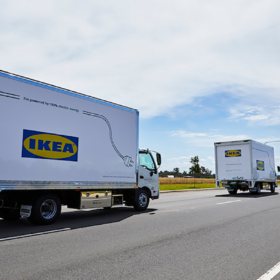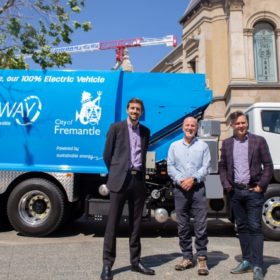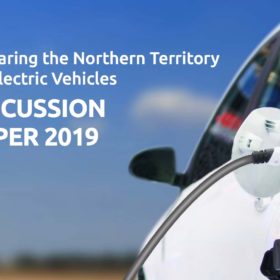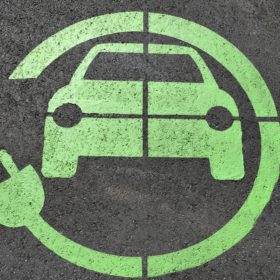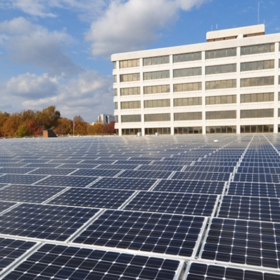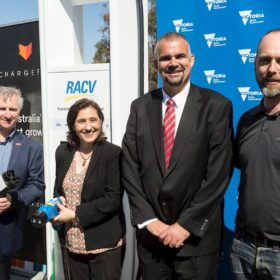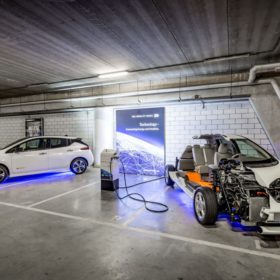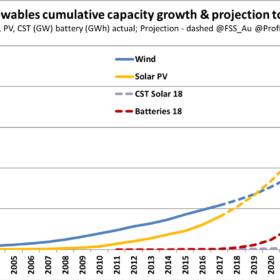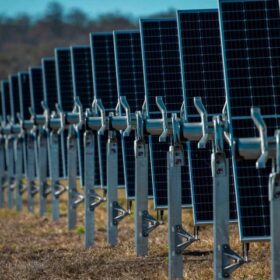Researchers develop Intelligent Charger to make EV charging a two-way street
Researchers at Sydney’s Macquarie University have developed a multi-functional device that can be easily installed in any EV to alleviate energy anxiety in the vehicle and the household. The Intelligent Charger could be the necessary bridge in the transition to EVs.
Out with the old and in with the new – researchers warn against outdated EV road tax
Australia’s transition to electric vehicles (EV) is well and truly underway, so it is no wonder that state and federal governments are teasing out ways to tax its progress. Victorian and NSW governments already devising plans, but is the EV industry ready? And what is more, are governmental plans already out of date?
Queensland set to get its first 100% electric delivery truck
Queensland gets its first 100% electric delivery vehicle as Ikea’s newest form of transport hit the road.
Meet EVie, Fremantle’s new electric rubbish truck
The City of Fremantle is not shy of trying something new and sustainable. Freo’s latest experiment, an EV rubbish truck called EVie that will rumble, or hum rather, along the streets for the next month.
NT releases EV discussion paper in drive towards implementable strategy
The Northern Territory Government has released a discussion paper as it looks to form a coherent strategy toward electric vehicle integration.
ARENA boosting commercial shift to EV fleets
The Australian Renewable Energy Agency (ARENA), along with support from the NSW and South Australian Governments, Ausgrid and NRMA, has announced that it will provide almost AUD$500,000 in funding to Evenergi to assist businesses and consumers plan for the electric vehicle (EV) revolution.
CEFC partners with Bank of Queensland to provide $100 million solar, storage, EV financing to businesses
The Clean Energy Finance Corporation (CEFC) and the Bank of Queensland Finance Division (BOQF) are teaming up to provide $100 million in financing for clean energy upgrades to their facilities, equipment and fleets. The BOQF Energy Efficient Finance will provide loans at a 0.7% discount, drawing on the CEFC funds, to businesses looking to invest in upgrades and equipment that will reduce emissions and deliver savings on energy costs.
Australia’s first ultra-rapid charging station unveiled
The Victorian government has allocated another $2 million in funding for Australia’s renewables-powered electric vehicle ultrafast charging stations, as the first charging site was unveiled at Euroa.
Renewables to power ultra-rapid EV charging network
A super-fast network being rolled out across Australia will allow drivers to charge their electric vehicles in just minutes, 15 times faster than typical domestic charging points which take hours. All the charging stations will be powered through the purchase of renewable energy or on-site solar.
The least wrong – rapid change in the energy station difficult to predict
While much has been made of the ‘trilemma’ facing the Australia electricity network, Ray Wills from Future Smart Strategies argues that rapid change of energy technology, business models and social changes is resulting in rapid and difficult-to-predict changes.
